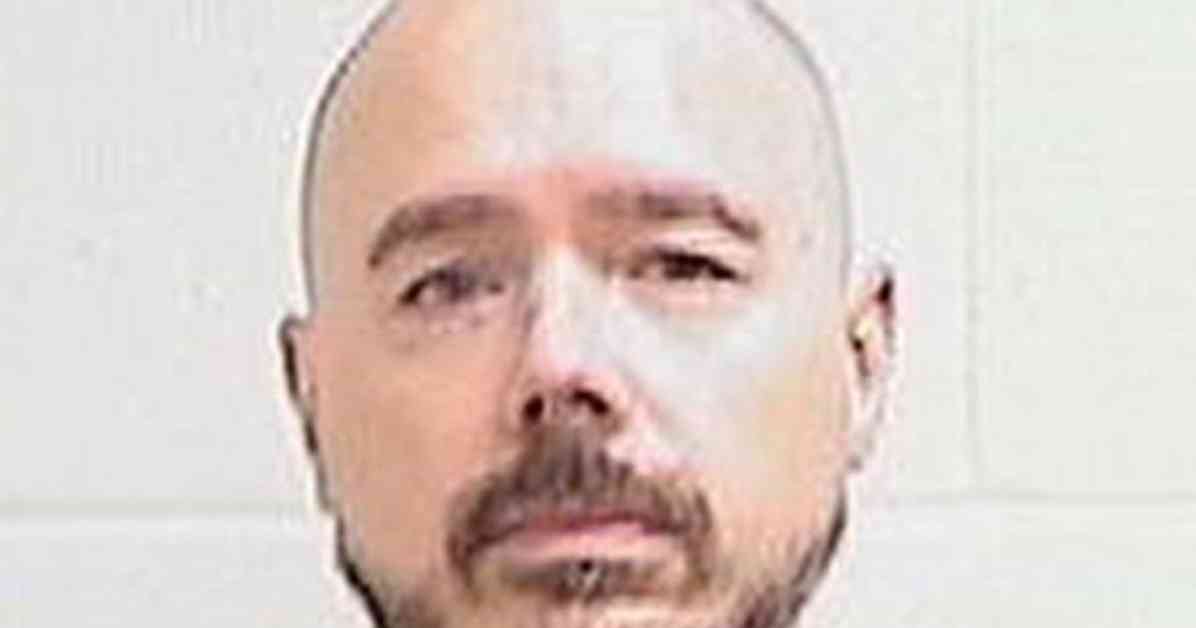Indiana Executes Quadruple Killer After 15-Year Hiatus
Michigan City, Indiana — Joseph Corcoran, a 49-year-old man convicted of murdering four people, including his brother and sister’s fiancé, was executed early Wednesday at the Indiana State Prison in Michigan City. Corcoran’s death marked Indiana’s first execution in 15 years and the 24th in the United States this year, highlighting the ongoing debate surrounding the death penalty.
Witness Accounts and Execution Details
Corcoran was put to death without any independent witnesses present, as the state of Indiana does not allow media to witness executions. The execution took place just after midnight, with only four people viewing it through a window in a small room adjacent to the execution chamber. Corcoran’s attorney, Larry Komp, the editor of Indiana Capital Chronicle, and two family members were among the witnesses, providing limited details about the process.
According to reports, Corcoran’s last words were, “Not really. Let’s get this over with.” Witnesses noted that he appeared awake but still and silent during the execution, although the viewing was cut short when the blinds were closed after six minutes.
Legal Battles and Mental Health Concerns
Corcoran’s case had been marred by years of legal battles, with his attorneys arguing that he suffered from severe mental illness that should have precluded him from facing execution. Despite multiple appeals, including a recent request to the U.S. Supreme Court for a stay, all legal avenues were exhausted, leading to the execution.
His wife, Tahina Corcoran, expressed concerns about her husband’s mental state, stating that he was “very mentally ill” and may not have fully understood the situation. She pleaded for Indiana’s governor to commute his sentence, but the request was not granted, leading to the scheduled execution.
Public Reaction and Opponents of the Death Penalty
Outside the Indiana State Prison, activists gathered to protest the execution, advocating for an end to the death penalty. Religious groups, disability rights advocates, and others have long opposed capital punishment, citing concerns about its moral implications and potential for error.
Despite the opposition, Corcoran’s execution proceeded as scheduled, with prison officials confirming that he requested Ben & Jerry’s ice cream for his last meal. The case reignites the debate surrounding the death penalty and the treatment of individuals with mental illness within the criminal justice system.
As the nation grapples with questions of justice and punishment, the execution of Joseph Corcoran raises broader issues about the role of the state in administering capital punishment and the complexities of mental health within the legal system.









